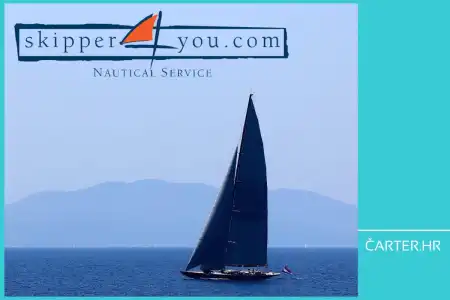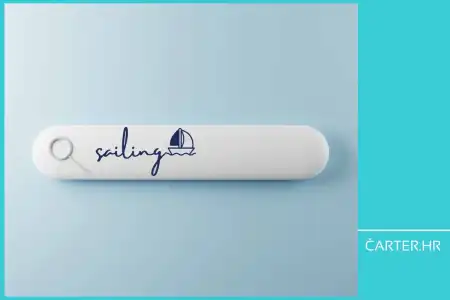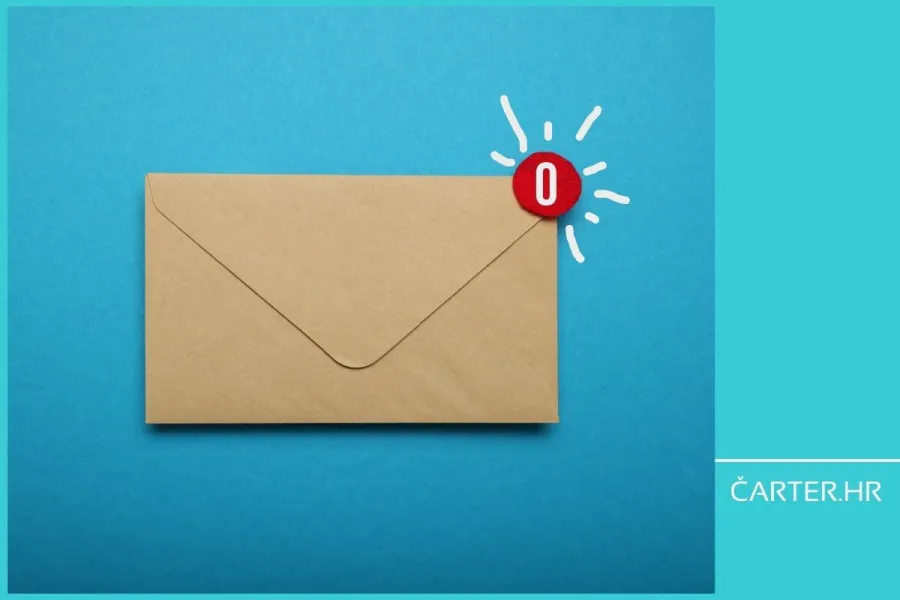
Imagine your guest base growing on its own year after year. Returning guests remember you even before they start planning their next vacation. Potential guests who were only browsing your website are now sending inquiries asking: “Which dates are available?” That is what a well-crafted newsletter does for yacht charter companies.
Most guests won’t book a boat after just one visit to your website. They will research, compare, and very often forget where they have even looked. And if you don’t remind them of yourself, someone else will.
A newsletter is an opportunity to stay in touch with guests and build a relationship that lasts longer than just one summer holiday. It’s not just about sending offers – a quality newsletter can:
- maintain a connection with past guests throughout the year
- attract new people who have already shown interest
- bypass social media algorithms and land directly in the inbox
- reduce advertising costs because you communicate directly
Unlike social media, where algorithms decide who will see you, here you have full control. And when a message arrives at the right time with the right content, the chances of a new booking increase.
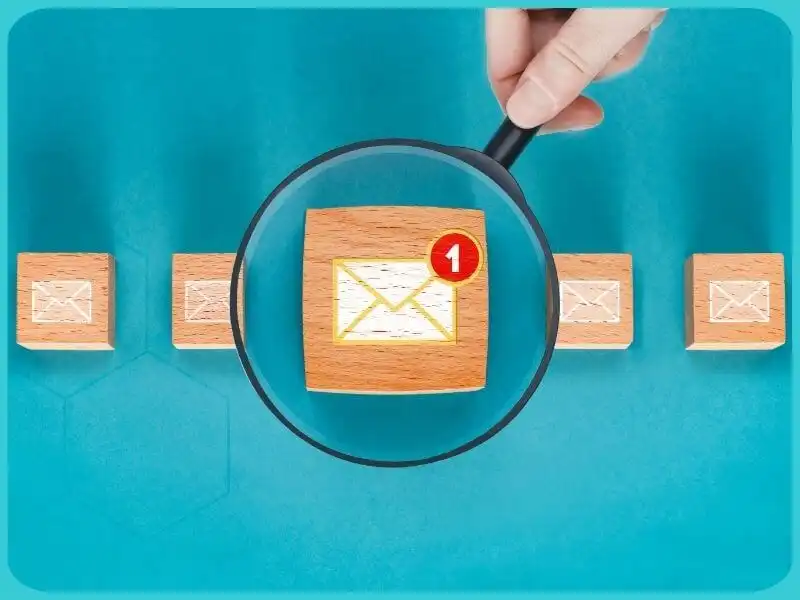
How to collect email addresses?
Without a quality contact base, there is no good email marketing. The biggest mistake many make is relying only on guests who have already booked. If you want your base to keep growing, you need to proactively create opportunities to collect addresses.
Sign-up via website
The simplest place to start. Place a sign-up form in a visible spot – the homepage, blog, or a pop-up window. Offer a reason why someone should subscribe, such as a guide “5 most beautiful sailing routes” or exclusive offers for newsletter subscribers.
Social media and ads
Use social media to grab attention and direct people to sign up. This can be done through posts, stories, or paid ads that lead to a sign-up page.
Bookings and inquiries
During every contact with guests – whether via a web form, phone, or email – add a question asking if they would like to receive news and special offers. This is an opportunity often overlooked, yet it brings in directly interested contacts.
Giveaway
If you want to grow your base faster, organize a giveaway with a simple rule: newsletter sign-up. Prizes like a weekend sailing trip or a discount on boat rental usually attract a large number of sign-ups.
It is crucial that every sign-up is voluntary and that you clearly communicate what the person can expect – how often you send emails and what content you offer. This way you are not only building a contact base but also trust.
Mini tasks to start:
- set up a GDPR-friendly form on your website
- create a small “gift” for sign-up (guide or discount)
- add a checkbox for the newsletter in the booking form
It is important to let people know why it is worth signing up and what the person can expect (e.g., exclusive discounts, useful guides, and sailing inspiration).
Tools for professional campaigns
A good idea is half the job, but without the right tool, it is hard to create a newsletter that looks professional and reaches all subscribers. The good news is that today there are platforms that make this process simple even for those who are not tech-savvy.
Here are some of the most common options used by companies in tourism:
Mailchimp
One of the most well-known platforms for email marketing. It offers ready-made templates, a simple interface, and automation capabilities. It is an excellent choice for beginners but can be more expensive for larger contact bases.
Brevo
A practical and affordable tool that combines email and SMS campaigns. Suitable for smaller companies because it has flexible payment options and a simple interface.
MailerLite
Known for its simplicity and affordable pricing. Ideal for those who want to quickly set up basic campaigns and automations without too many technical details.
Klaviyo
If you are looking for advanced options for segmentation and detailed analytics, Klaviyo is a serious contender. It is more often used by larger companies but can also be useful for those who want deeper insight into subscriber behavior.
Whichever tool you choose, it is important that it supports:
- creating visually appealing newsletters
- segmenting the contact base by interests and habits
- automating messages to save time
In the end, the best tool is the one you will actually use. There is no point in paying for complex features if you will never activate them. Start with a simple solution and build further as your contact base grows.
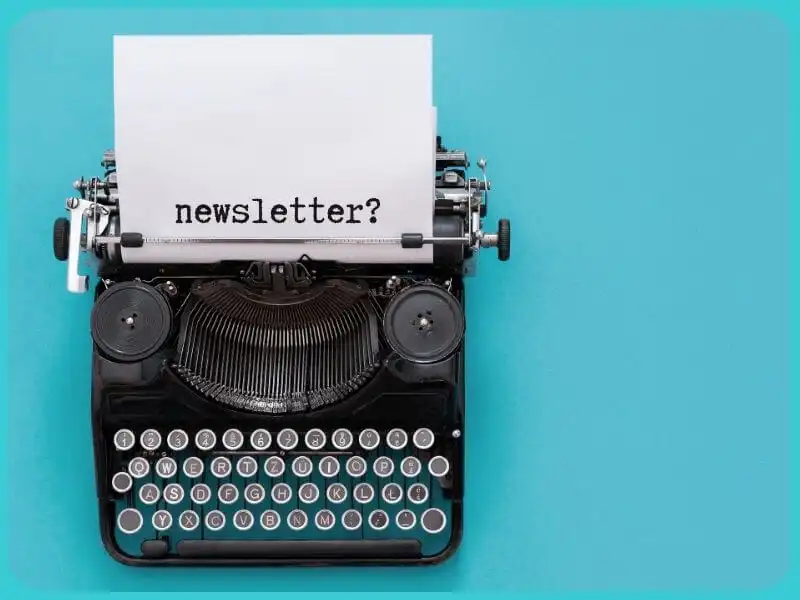
What to send in newsletters?
One of the most common reasons why email marketing doesn’t deliver results is poor content. Guests don’t want to receive generic messages like “Book now” or “We have available dates”. They want value. Something that will make them pause and think: “This is useful. I want to read this.”
If the content is interesting and helpful, email open rates will grow, and over time so will the number of inquiries. Here’s what you can send:
Inspiration for sailing
Examples of routes, hidden coves, and local spots that guests wouldn’t normally find. Titles like “5 hidden coves recommended by our skippers” always grab attention.
News from the fleet
If you’re adding new boats, renovating existing ones, or offering additional services, this is perfect material for a newsletter. People love the feeling of being the first to know what’s new.
Seasonal tips
Practical content like “What to pack for sailing in May” or “How to find peaceful coves in peak season” helps guests plan and builds trust.
Special offers and deals
Early booking discounts, last-minute deals, or offers exclusive to newsletter subscribers often encourage quick decisions.
Guest stories
Short stories with photos and comments from previous guests create authenticity and motivate others to get in touch.
It’s important to remember: every email should have a clear goal. Don’t send something just for the sake of sending it. It’s better to have less frequent but high-quality messages that people look forward to opening.
Examples of campaigns that deliver results
Example 1: bringing back past guests
Guests who sailed last year received a personalized email with the subject: “Your boat is waiting – book by November 15 and save 10%”. The email included a photo from their previous trip and a short thank-you note. Result:
- more opened emails
- more clicks on the offer
- new bookings
Example 2: collecting new contacts through a giveaway
A giveaway was launched on social media with a weekend sailing trip for two as the prize. The participation rule was signing up for the newsletter. After the giveaway ended, new subscribers received a series of emails with inspiring content and a special offer. Result:
- more newsletter sign-ups
- a larger number of website visits
- first inquiries for bookings from new contacts
Example 3: early booking reminder
Guests who had already used the service received an automated email sent a few months after the season. The subject was: “Plan your summer on time – special offer for our guests”. Result:
- more opened emails
- increased interest in early bookings
- confirmed new dates for the next season
Example 4: seasonal campaign to extend the season
In September, a newsletter was sent with the theme of autumn sailing, highlighting quieter coves, pleasant temperatures, and lower prices. The subject line was: “Autumn on the Adriatic – sailing without crowds”. Result:
- more people interested in autumn dates
- clicks on itineraries within the email
- bookings for September and October
Example 5: welcome series for new subscribers
After signing up for the newsletter, new subscribers received a series of three emails. The first contained a guide with routes, the second tips for trip planning, and the third a special early booking offer. Result:
- good open rates for all emails in the series
- more website visits from the newsletter
- first inquiries and confirmed dates for the next season
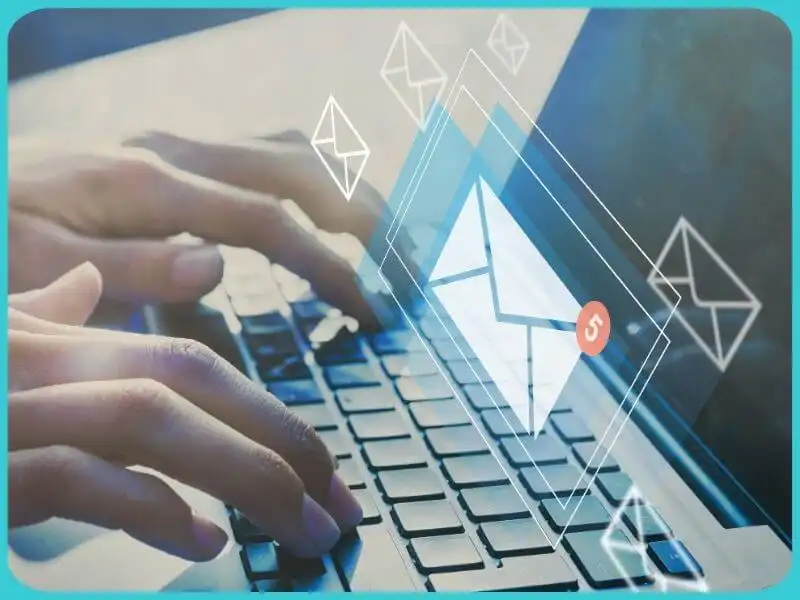
Automation – emails that work while you handle other tasks
Once you set up automated campaigns, you no longer have to think about whether guests received information at the right time. The system will send them automatically, according to the schedule you have defined. This means you can focus on other parts of your business while emails continue to maintain contact with your guests.
Examples of what you can set up:
- Welcome email – sent immediately after someone subscribes to the newsletter. A short thank-you message and a link to an inspiring guide or blog post are perfect for a first impression.
- Booking reminders – guests who sailed last season can receive an email with a special offer for early booking. If you send it in September or October, the chances of them returning increase significantly.
- Seasonal messages – pre-prepared newsletters with topics like “Sailing tips for spring” or “Top routes for summer” remind guests to consider you when planning their holiday.
Well-planned automation is not just about saving time. It helps ensure that every message arrives at the moment when the guest is most ready to respond – whether they are just thinking about sailing or are one step away from booking.
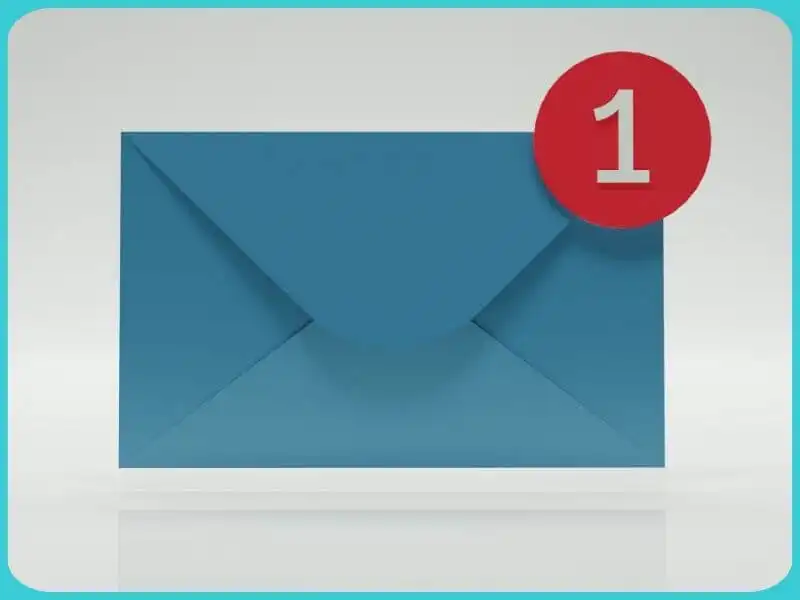
Time for the first step
Email marketing may not be the loudest channel, but it is one of the most effective. When used properly, it helps you stay in touch with guests, encourages repeat bookings, and opens the door to new inquiries. It does not matter if you have ten or ten thousand contacts – what matters is what you do with them.
If you do not yet have a developed strategy, now is the perfect time to set one up. Every month without active communication is a missed opportunity for guests to remember you before the competition.
Want professional newsletter campaign management?
Čarter.hr offers solutions for yacht charter companies that want to:
- build a quality contact base
- increase the number of inquiries and bookings
- communicate with guests without additional burden on the team
Send an inquiry via our contact form and find out how we can help your business.
Be among the first to receive news, tips, and examples of good practices for the yacht charter industry – subscribe to our newsletter.
Categories of trends
- News
- Sale
- Marketing
- SEO
- Web design
- Social media
- Technology
- Regulations
- Management
- Education
- Finances
- User experience
Newsletter
Sign up for the newsletter and receive the latest trends and tips straight to your inbox



